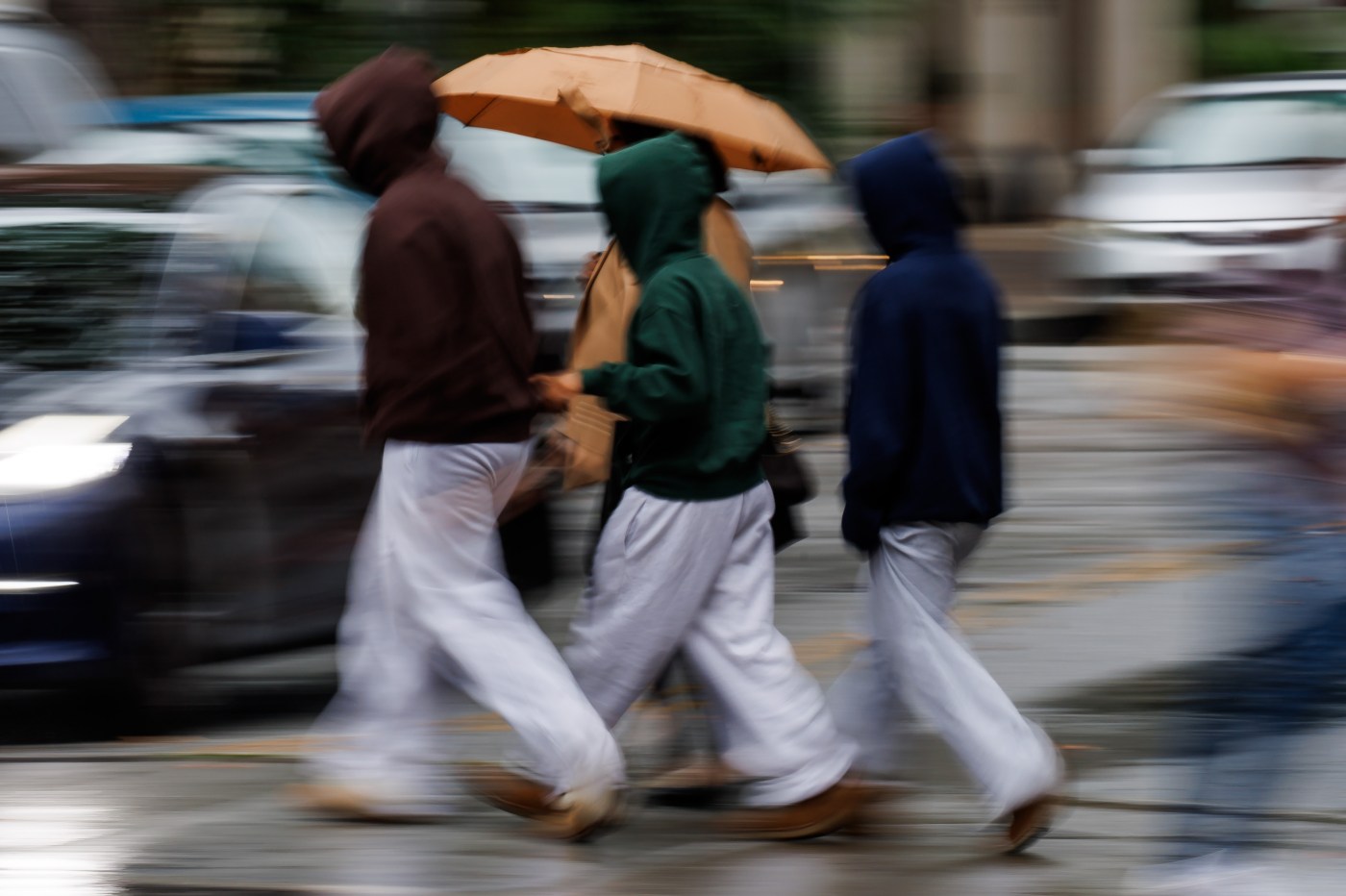A new state report released Tuesday alleges that San Jose State University officials are planning to use $89 million in state funds for an unauthorized housing project.
The report by the California State auditor evaluates the University of California, California State University and California Community Colleges systems and their efforts to provide affordable student housing. The audit was directed by the state Legislature, amid rising student homelessness and housing insecurity across the state.
In July 2023, San Jose State University was granted $89 million in the state budget through the Higher Education Student Housing Grant Program, which provides grant funding to California colleges and universities to construct affordable student housing.
The state audit alleges that the university was granted the funds to support the construction of the Campus Village 3 project, a 12-story high-rise that would provide more than 1,000 student beds, including 517 affordable housing beds below market rate.
But according to the state audit, despite securing state funds for the project, California State University and San Jose State leaders began pursuing a different housing project — Spartan Village — in the fall of 2023, which the auditor alleges was not authorized by the state. According to San Jose State, the Campus Village 3 project is currently paused.
Known as Spartan Village on the Paseo, the estimated $45 million project occupies the former south tower of downtown’s Signia by Hilton San Jose hotel. The university finished construction in August 2024 and the building offers 675 beds spread across 11 residential floors, including 124 affordable housing beds. The university partnered with real estate firm Throckmorton Partners, which paid $73 million to buy the tower. Under the deal with Throckmorton, San Jose State is leasing the building until 2056, but plans to buy the building before the end of 2025 using the state funds.
The state auditor alleges that because the project was not authorized by the state under the grant program, if CSU funds the project using the $89 million allocated for the Campus Village project, the university system will be evading the program’s application process, which means the state did not have an opportunity to evaluate the project and ensure its commitment to affordable housing requirements. The state auditor also pointed out that the Spartan Village project uses the same amount in state funding to construct 357 fewer student beds, increasing the state’s cost from about $88,500 per bed in Campus Village to nearly $136,000 per bed in Spartan Village. and reducing the total cost-effectiveness of its investment. However, both projects would have constructed 517 affordable housing beds.
San Jose State redirected questions to CSU officials.
CSU officials disagreed with the audit’s findings that Spartan Village was not authorized and said the university system followed all the appropriate processes and the Spartan Village project was significantly better than the planned Campus Village project, as the project allowed students to move in sooner, provided the affordable beds at a lower cost per bed and allowed the university to work collaboratively with the local community and revitalize a downtown neighborhood.
In a statement Tuesday, CSU said the university system has taken significant steps to address student housing demand, including adding more than 2,300 beds since 2022, with another 4,425 currently under construction.
CSU also reiterated that it disagrees with the audit’s finding that the Spartan Village project was unauthorized but said it appreciates the state auditor’s focus on student housing and welcomes continued discussion on how to best meet students’ needs.
The audit’s general findings concluded that despite California’s efforts to address student housing needs, the state’s three largest university systems have largely failed to properly assess unmet demand for student housing campuses’ websites don’t always provide accurate housing information or information about housing assistance programs for students to make financial decisions.
The report recommended the state Legislature establish a collaborative student housing working group across the three system offices to better assess and meet student housing needs, and direct system leaders to take on a stronger leadership role to plan for housing across their systems, as well as regularly monitor their campuses’ unmet demand for housing and their affordable housing options.
The audit comes as student homelessness and housing insecurity is on the rise following the pandemic. In 2020, the UCLA Center for the Transformation of Schools — an educational research and advocacy nonprofit — found that 1 in 5 California Community College students experienced homelessness, as well as 1 in 10 CSU students and 1 in 20 UC students.
And a 2023 California Student Aid Commission food and housing survey found that of students who applied for financial aid, 53% of respondents were considered housing insecure and housing insecurity was highest among students enrolled in the California Community Colleges at 65%.
The audit also comes as Gov. Gavin Newsom has signed a handful of student housing bills, including AB 648, which makes it easier for community colleges to build student housing, AB 357, which makes it easier for colleges to build housing in coastal areas and AB 893, which expands affordable housing options around state college campuses.





